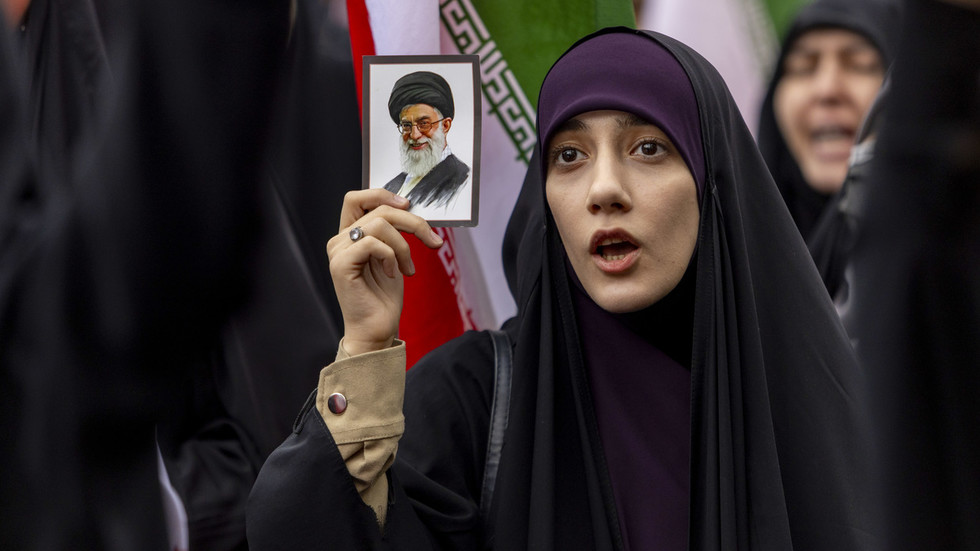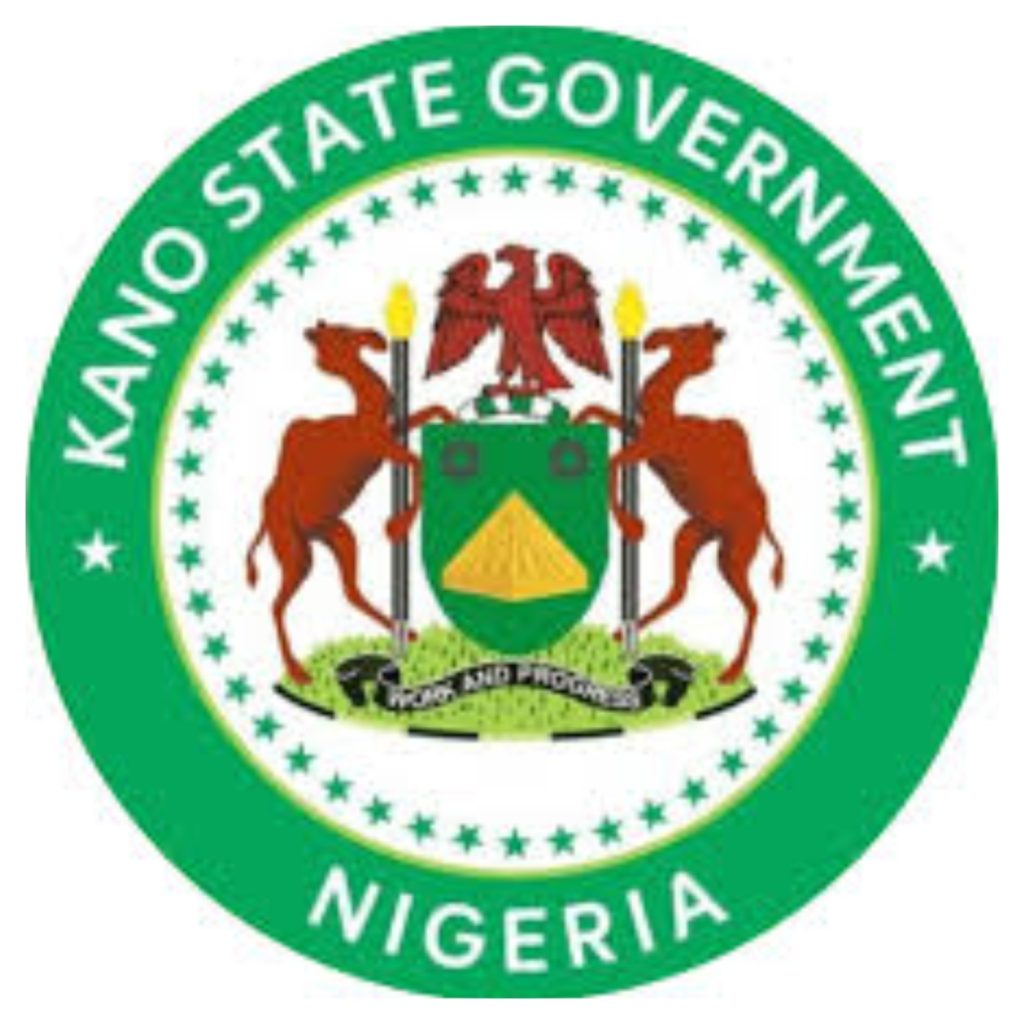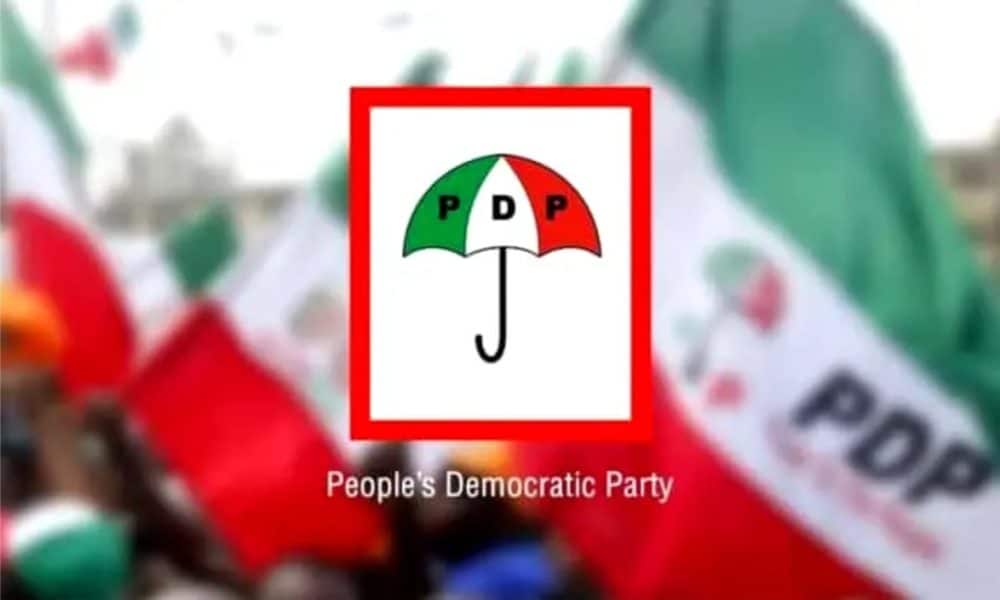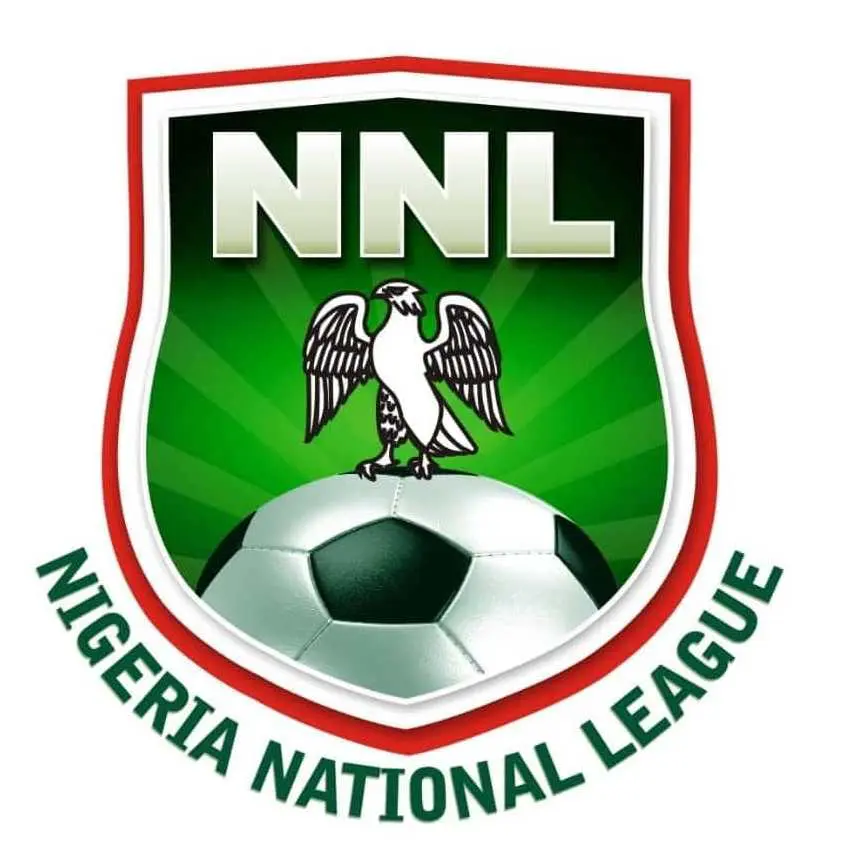Nigerian opposition party the African Democratic Congress (ADC) has denounced the country’s anti-corruption agency, the Economic and Financial Crimes Commission (EFCC), for allegedly weaponizing investigations against political rivals while shielding allies of the ruling party. The accusations, framed as a threat to democracy, come amid mounting concerns over Nigeria’s governance under President [Name], whose All Progressives Congress (APC) has faced repeated scrutiny over its use of state institutions for partisan goals.
In a statement released Monday by National Publicity Secretary Mallam Bolaji Abdullahi, the ADC accused the EFCC of reviving dormant investigations into opposition figures while quietly halting probes targeting individuals linked to the APC. “The EFCC was created to apply the law fairly—regardless of political affiliation. Today, it operates as an extension of the ruling party,” Abdullahi asserted, alleging the agency had deviated from its mandate to combat corruption impartially.
The party cited examples of APC members whose corruption cases reportedly “vanished” after defecting to the ruling coalition, while opposition leaders faced renewed legal scrutiny. Recent weeks have seen multiple senior opposition figures summoned by the EFCC over decade-old allegations, which the ADC claims are not based on fresh evidence but political retaliation. “Selective prosecution is the death of justice,” Abdullahi stated, warning that Nigerians now perceive guilt or innocence as tied to “party membership, not facts.”
Established in 2003 to tackle graft, the EFCC has long been scrutinized for alleged bias, with critics accusing successive governments of leveraging its powers against opponents. The ADC’s statement reflects broader anxieties among opposition groups and civil society about democratic backsliding, including censorship, electoral irregularities, and judicial interference.
Abdullahi urged citizens, media, and civic groups to resist what he termed a “dangerous slide into dictatorship,” emphasizing that the EFCC is taxpayer-funded and accountable to the public, not the APC. “This agency belongs to Nigeria, not a single political party,” he stressed. The EFCC has not publicly responded to the allegations.
The controversy highlights rising tensions ahead of Nigeria’s 2027 general elections, with opposition parties increasingly vocal about perceived state-sponsored suppression. Analysts note that the credibility of anti-corruption efforts risks eroding further if investigations appear politically driven, undermining public trust in institutions critical to Africa’s most populous democracy.



